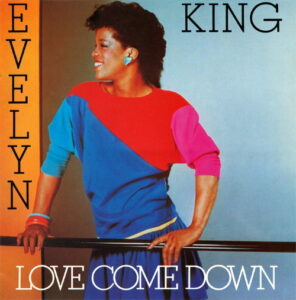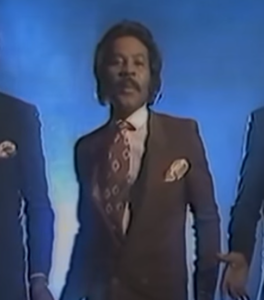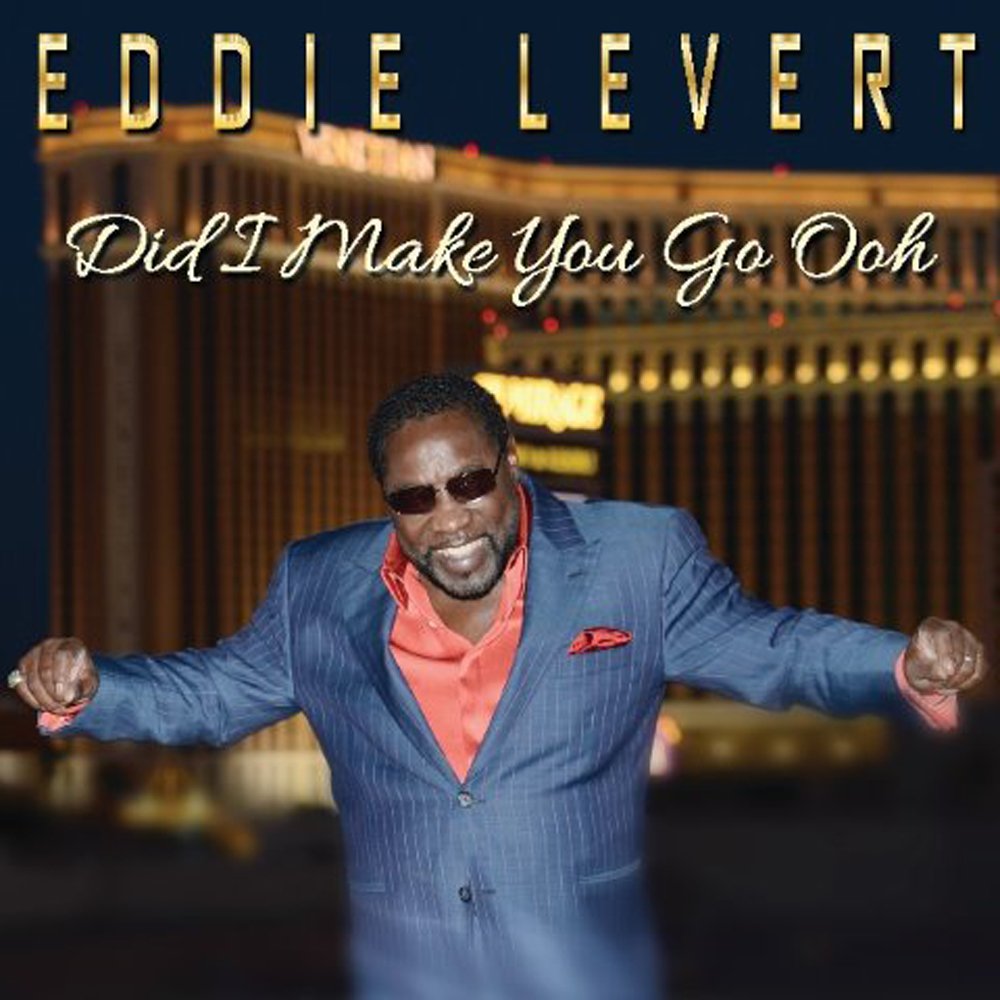Music journalist turned singer/songwriter, Rob Milton, represents the new generation of young independent soul artists who are using the EP form in ways to experiment, find their voice, make their name, develop fans and keep their short-attention spans from drifting away too far for too long. There also is a bit working out, exploring, and eventually shedding their musical influences through these musical mini-series. Electric Feel, released this January, and Subject to Change, released last September, are two peas in a pod as Milton dabbles or rather wades into the niche world of electrosoul. The results are mixed, but Milton’s talent is one worth paying attention to as he blends the best of electronica, funk, and neo-soul this go-round, but may do something completely different the next.
A former MTV intern and current writer for SoulBounce.com, the Jersey and Virginia bred creative is no stranger to music and the current underground trends. His music fits nicely into the current chillout vibe of electrosoul dominating hipster blogs, when they aren’t romanced by updates of ‘60s retro soul. Accordingly, Rob Milton specializes in creating dreamscapes, some lovely, some spare, but always a world unto itself. The music and Milton’s arrangements are visual, intimate, emotional, and find their artistry in minimalism and fluidity. This is not churchified ‘70s soul bursting with epic passion and bombastic power, but rather the pale gray landscapes of winter and the muted colors of autumn; but the effect, when done well, is cool, breezy, and gives one a sense of floating and flowing along his often easy sonic waves. There are moments were one could imagine the Tribe Called Quest of The Love Movement era spitting over his audio visions. In some ways his music is similar to creative peers like artists Peter Hadar, Full Crate & Mar, Nicholas Ryan Gant, and Jesse Boykins III, the latter of whom Milton is reminiscent of tonally and sometimes in musical approach, but not in vocal acrobatic abilities. Milton relies heavily on his warm tenor tone and short riffs to sell his original songs, since so far he’s demonstrated a limited range, a wavering sense of pitch, and a penchant for sometimes lazily ending notes flat. Luckily, Milton’s tone is one that is pleasing and the type of voice one makes allowances for, but hopes will eventually get tightened.
In the last two years, Milton has released five EPs: Love Today, Shine Tomorrow, Developing, Subject to Change, and most recently Electric Feel, each different in feel and expression, with some tracks that inspire delighted smiles and some songs one wishes were the fruits of greater discipline and polishing. All Milton’s output is of a quality worthy of review and aficionado exploration. Of Milton’s last two EPs, Subject to Change is the superior one. Short and sweet at five tracks, the feel good ode to Brooklyn leaves one wanting more. An appeal to Jacoby Williams’ co-penned “Cool” is a percussive affair with lilting keys and a strong vocal by Milton with barely there harmonies. With Devin Tracy’s co-inked “Can’t Believe It,” percussions take a back seat to the chiming key work and more upfront harmonies, on a song of interior wonder about a new love. With astral strings, intricate transitions, and synthy rhythms, “All for You,” featuring Jacque Hammond on the hook, is an example of Milton’s ability to have his music transport listeners to another dimension. Speaking of hooks, Milton’s chorus on the hip hop soul of “Brooklyn Calling (featuring Fresh Daily)” delivers the kind of melodic earworm you’ll have a hard time shaking. From start to quick finish, brandon* and Bernard Eure III’s production with Milton’s here pristine vocals is complete and begs for repeat plays.
Producer Roman Lee Norfleet’s production of Electric Feel is a bit more challenging a work to consume and finds Milton playing over more synthesizers, muted beats, space and more obvious effects on his voice. Overall, the 10 tracks (half are interludes) have unpleasant moments like “Giving It Back,” and “Bloom I-III” also suffers from melody lines and arrangements that try hard for the eclectic and avant-garde, but sometimes just land uncomfortably in the ear, with occasionally off-key harmonies and bum notes. The self-consciously artsy “Never Too Much” marries the funky with the astral, but it doesn’t fully come off without a sense that divorce is just around the corner, despite surprising interpolations of hooks from Dionne Warwick’s “What The World Needs Now” and Luther Vandross’s “Never Too Much.” Milton and Norfleet’s more inspired and exciting repurposing of Donny Hathaway’s take on Leon Russell’s “A Song for You,” featuring kezia the poet, on Shine Tomorrow was a better example of this collaboration’s ability to wholly recreate a classic in a funky way. So, it’s not like they’re incapable of flipping the familiar.
The songs that work on Electric Feel start with the title track featuring Lexx Black, which feels like a throbbing holdover from The Robert Glasper Experiment’s Black Radio series—in a good way. “Electric Feel” is deliberately paced, sophisticated in its jazzy soul conceits, and takes its time. Milton unexpectedly employs different vocals and dense harmonies against a measured poly rhythmic bassline creating a sublime effect. The decision to save Black’s rap for the closing rather than a hook or bridge even feels smart and forward thinking. “Electric Feel” isn’t lonely in the assets column. While the subject of how much better it was back in the day is overdone, “Real Thing” sonically is relaxed simplicity and comfy cozy. What “Real Thing” does that is different is generational, in that the “old thing” Milton “wants back” is represented by name dropped artists who launched in the ‘90s and early 2000s, like Lauryn Hill, which may just make some of you call AARP right now. “Jump & Move (A Raze in Harlem)” has the compelling jazzy hip hop hook and bassline, but it lacks the swing and atmospherics its updated retro vibe attempts that similar cuts by Digable Planets and Guru majored in. More successful is the funky PPP bump of “DayDream,” featuring Roman Lee Norfleet here rapping. “DayDream” finds Milton solidly singing hooks in a baritone reminiscent of that fun Parliament and Funkadelic way that made lyrics sound both dark and psychedelic.
Rob Milton is a rising newcomer worth watching, one who is experimenting and developing his voice through EPs and different producer collaborations in much the way the greats of old did through early releases before finally settling into their signature sound. The talent is there, as are a handful of strong songs, now it’s just a matter of seeing it all consistently come together and it’s on. Recommended x 2.
By L. Michael Gipson









